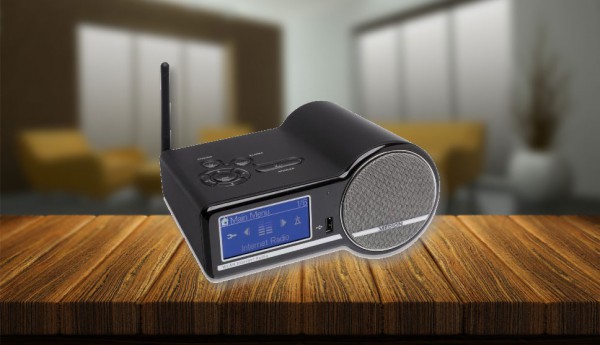

Teie’s theory of composing music for cats with feline-centric sounds was corroborated by an independent study conducted by the University of Wisconsin and published in Applied Animal Behaviour Science. Based on this developmental understanding, Teie used the sound of suckling for milk in place of the pulse in the music he created for cats. Cats, however, are not exposed to the mother’s pulse because the cat’s brain is only 1/8th the size at birth of what it will be at 10 weeks, meaning the basic principle of human music, the beat, doesn’t resonate with felines the same way.

He took the principles that humans use for making music and applied it to the sounds and development cycles unique to different species.įor instance, humans respond so viscerally to the beats of music because we were exposed to our mother’s pulse while our brains were developing in the womb. Teie’s music is based on the theory that every species has an intuitive biological response to sounds based on their brain development and vocalisations.

Based on that understanding of composition, it only makes sense that if you use the same recipe used in human music but use ingredients that have been tailored to another species, you can create effective music for that species,” says David Teie, the composer who discovered that music must be species-specific to be effective. "All the music we hear is designed for humans, based on our vocalisations and development.
CALM RADIO STATION SERIES
As a species-specific radio station, the music on Cat Calm Radio is designed to have a calming effect on your cat on the way to the vet.īroadcasting online at, and created in partnership with the WHISKAS brand’s advertising agency, BBDO Toronto, the station plays a continuous stream of music created by species-specific musician David Teie.Įach track is composed using a series of calming noises that have a calming effect on your cat. Providing some songs to help keep your cat calm, the makers of WHISKAS is launching Cat Calm Radio on Take Your Cat to the Vet Day on August 22nd. This stress on both the cat and owner means cats visit the veterinarian much less often than dogs contributing to an array of health problems that can develop going unchecked. Despite the curious nature of cats, most get seriously stressed out in the car.


 0 kommentar(er)
0 kommentar(er)
